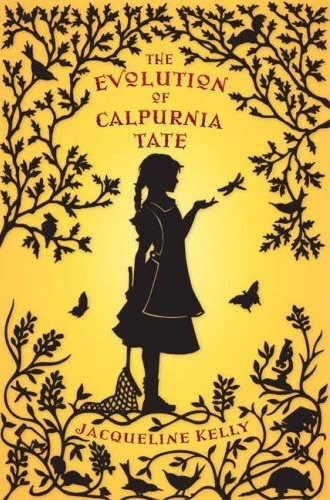
A wight from Miss Peregrine’s Home for Peculiar Children
Miss Peregrine’s Home for Peculiar Children by Ransom Riggs ended on a sour note because I didn’t realize it was part of a series so the ‘TUNE IN NEXT TIME’ ending was more’n a little annoying.
That said, I liked it! Ransom Riggs is good at atmosphere, and his description of the world around Jacob is great. The vintage photographs used to illustrate the characters and concepts throughout are a nice touch.
The plot is, Jacob’s grandfather always told him stories about the magical children he grew up, as well as monsters he fought. When Jacob grew up, his father told him that the children’s magic was that they were Jewish, like Jacob’s grandfather, and the monsters were the nazis.
Then Jacob finds out his grandfather was telling the truth.
Like I said, I overall liked this and my only stylistic complaint is the mythos in the book didn’t mesh fully with itself.
The other thing I read was Fuan no Tane by Masaaki Nakayama without realizing I’d read a book until I was entering Miss Peregrine’s Home for Peculiar Children into the spreadsheet and went ‘oh wait, that counted, didn’t it!’. It’s a collection of ghost stories in scenes, some stories no more than two pages. One of the stories is here, it takes place in a hospital.
Don’t expect an origin or explanation to the ghosts, it’s just a nice little capsule of horror. My favourite is early on, The Giant. I will enclose it in this post, since there’s no legal English version of this comic and I can’t just tell you to buy it.
Below is The Giant:
Continue reading Miss Peregrine’s Home for Peculiar Children and Fuan no Tane








